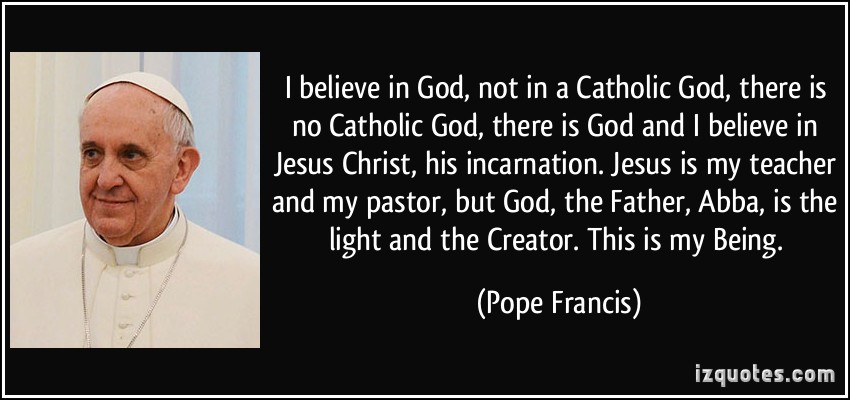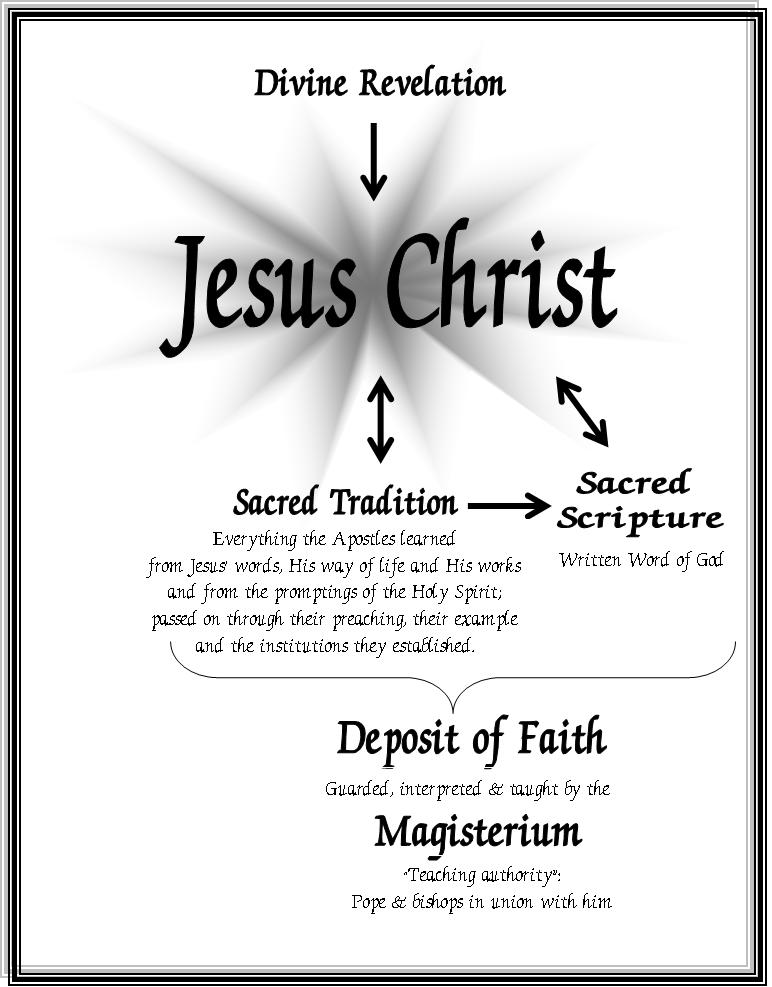ScottA
Well-Known Member
That is all really interesting...but denying the true "subject" of that word from Jesus about who [He] was (rather than who Peter was), does not change anything. Peter was the "object" of that word, not the "subject." Nonetheless, you, nor any man, nor any belief, can remove the revelation of the Father from Jesus' word and replace it (against Christ) with "flesh and blood." Nor have you.For the Protestant Reformers to rationalize breaking away from what was universally acknowledged in their culture as the Christian Church, it was necessary for them to deny the Catholic Church’s authority. To maintain their positions, they were forced to portray it as a kind of "anti-Church" that was unjustly claiming the prerogatives of Christ’s true (but invisible) Church.
Their chief target was, of course, the pope. To justify breaking away from the successor of Peter, they had to undercut the Petrine office itself. They were forced to deny the plain reading of Matthew 16:18—that Jesus made Peter the rock on which he would build his Church.
More recent Protestants have been able to back away from the position that early Protestants felt forced to make and have been able to admit that Peter is, indeed, the rock. It remains to be seen whether they will start drawing the necessary inferences from this fact.
W.F. Albright (Protestant) and C.S. Mann
“[Peter] is not a name...
"Jesus answered and said to him, “Blessed are you, Simon Bar-Jonah, for flesh and blood has not revealed this to you, but My Father who is in heaven. And I also say to you that you are Peter, and on this rock I will build My church, and the gates of Hades shall not prevail against it."
What you have missed, is that Jesus referred to two different things, and you have confused the two.
Last edited:




